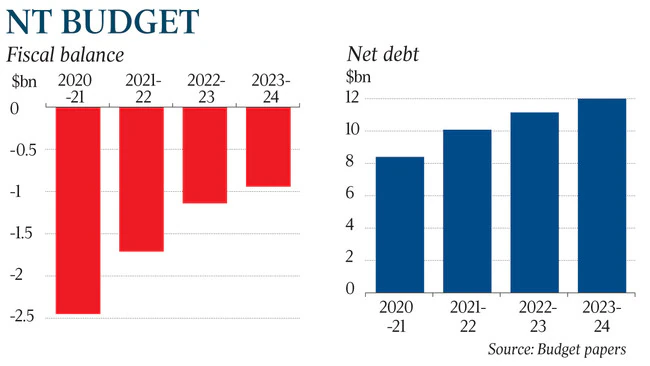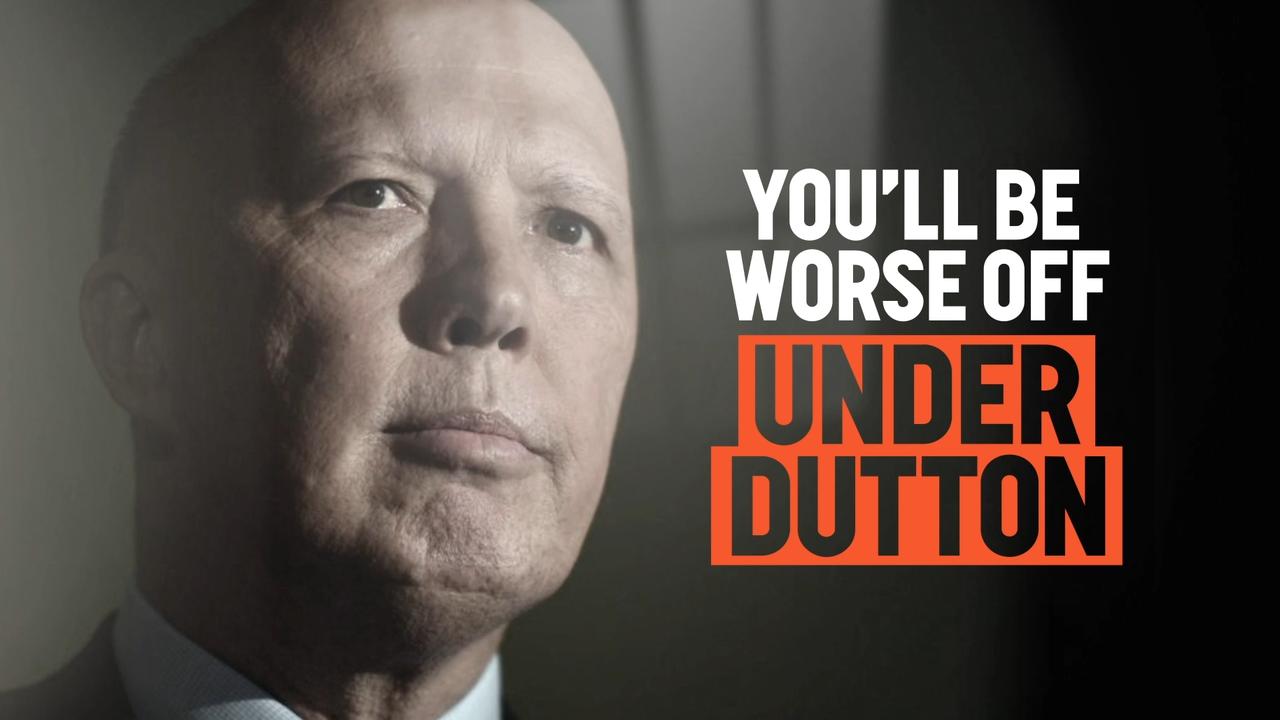Budget: NT tops up hiring incentives as debt forecast to double
The Northern Territory government estimates net debt will double to $12bn in four years.

The Northern Territory government will top up the federal government’s Job Hiring credit to ensure businesses that employ new staff aged over 30 aren’t discriminated against, as part of a budget that estimates net debt will double to $12bn in four years.
NT Chief Minister and Treasurer Michael Gunner said his Labor government would spend $7.8m to top up a key plank of the federal government’s JobMaker program, which will subsidise the wages of new workers aged up to 35 by $200 or $100 a week.
“We will top it up by providing $100 a week for new employees aged 30 to 35 and we’ll extend it by providing $200 a week for new employees aged over 35s, no matter their age, who go from Centrelink to a job,” Mr Gunner said.

A collapse in GST revenues, an extra $120m to combat the coronavirus, and a new set of grants worth up to $20,000 for small businesses have contributed to a $1.7bn budget deficit this financial year — $1bn worse than expected a year ago.
“Saving lives and saving jobs is not free. It costs money. The government will keep taking this hit for now,” Mr Gunner said.
“Our health and border measures are costly, but if we relax them too early, we risk the virus spreading, and a lost life is lost forever,” he added.
Forty one people have been infected by coronavirus in the NT during the global pandemic; 34 have recovered and seven are still “active cases”. No one has died.
The government also paused public servants’ 2 per cent annual indexation for four years, instead paying a $1000 lump sum each year, saving $424m
The Top End’s economy grew 4.8 per cent last financial year, avoiding the decline that was observed nationally, ahead of an expected 0.1 per cent contraction this financial year according to the budget papers, in contrast to a 1.5 per cent expected decline in GDP nationally.
“The effect of interstate and international border closures has been significant and sustained on industries that rely on inbound visitation for customers or supply of labour — notably tourism, recreation and those industries that rely on ‘foot traffic’,” the budget papers say.
“Since the construction phase of the $5bn Ichthys LNG project came to an end in 2018, employment and population growth have moderated in line with weaker domestic economic conditions, while at the same time the large increase in LNG exports has made a significant contribution to economic output.”
GST revenues, often providing above half of the NT government’s revenues in recent years, will drop to 39 per cent, the lowest share ever, leaving a shortfall of $334m a year on average over the next four years.
The unemployment rate is forecast to peak at 6.3 per cent next year ahead of a gradual decline to 5.1 per cent by 2024.
“There is no long shopping list in this budget,” Mr Gunner said.
“For those looking for a big bag of goodies, this is not the year for them.”



